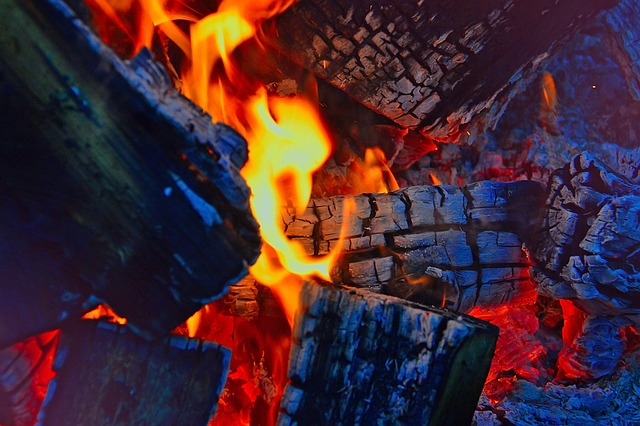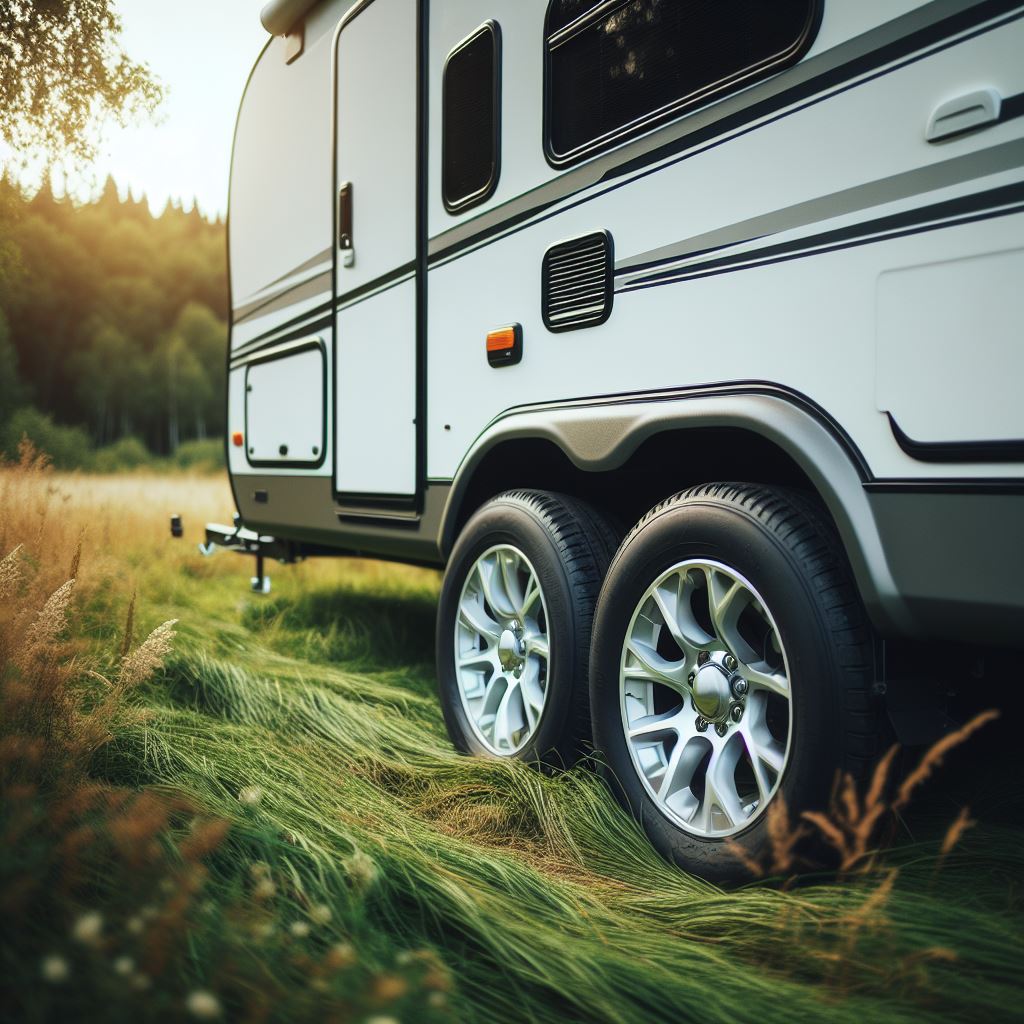Introduction
When it comes to enjoying a campfire, choosing the right wood is key to ensuring a successful and enjoyable experience. Not only does the right wood provide the perfect amount of heat and light, but it also helps to create a pleasant ambiance and provide a cozy atmosphere. In this blog post, we will explore the various types of wood that are best for campfires and discuss the advantages and disadvantages of each. By understanding the characteristics and qualities of different woods, you can make an informed decision about which type of wood to use for your next campfire. Whether you are an experienced camper or just starting out, this information will be useful for ensuring that your campfire is the best it can be.
Hardwoods For A Campfire



When it comes to choosing wood for a campfire, hardwoods are generally the best option. This is because hardwoods are denser and have a higher heat content than softwoods, which means that they burn hotter and longer. This makes them ideal for providing consistent heat and light throughout the duration of your campfire. Some of the best hardwoods for campfires include oak, hickory, and maple, which are all known for their ability to burn hot and provide a pleasant aroma.
In addition to their high heat content, hardwoods are also less likely to spark or pop, which makes them safer to use in a campfire. This is especially important if you are camping in a dry area or if there is a risk of wildfires. By using hardwoods, you can help to prevent any potential accidents or hazards.
One potential disadvantage of using hardwoods for a campfire is that they can be harder to find than softwoods. This is because hardwoods are typically used for furniture and construction, so they may not be as readily available in a natural setting. However, if you are able to find a source of hardwood, it is definitely worth using for your campfire.
In summary, hardwoods are the best choice for a campfire because of their high heat content, low risk of sparking, and pleasant aroma. While they may be harder to find than softwoods, the benefits of using hardwoods make them a worthwhile choice for any campfire.
Softwoods For A Campfire



While hardwoods are generally considered to be the best choice for a campfire, softwoods can also be used. Softwoods are less dense and have a lower heat content than hardwoods, which means that they burn faster and do not provide as much heat or light. However, they can still be a good option in certain situations. Some examples of softwood lumber: Fir, Cedar and Pine.
One advantage of using softwoods for a campfire is that they are typically easier to find than hardwoods. This is because softwoods are more common in natural settings and are often used for fuel. If you are camping in an area where hardwoods are scarce, using softwoods may be your only option.
Another potential advantage of using softwoods for a campfire is that they can be easier to ignite than hardwoods. This is because softwoods have a lower ignition temperature, which means that they can be lit with less effort. This can be especially useful if you are trying to start a fire in wet or windy conditions.
One potential disadvantage of using softwoods for a campfire is that they can produce a lot of smoke. This is because softwoods contain a higher amount of resin, which can produce a pungent smell and make it difficult to see or breathe near the fire. This can be a nuisance if you are trying to enjoy your campfire, and it can also be a potential hazard if the smoke is thick enough.
In summary, while softwoods are not the best choice for a campfire, they can still be used in certain situations. They are easier to find and ignite than hardwoods, but they produce more smoke and do not provide as much heat or light. If you are unable to find hardwoods, using softwoods can be a viable option for your campfire.
Seasoned Wood For A Campfire
Seasoned wood is wood that has been allowed to dry out for an extended period of time. This is in contrast to freshly cut wood, which contains a high amount of moisture and is more difficult to burn. Seasoning wood reduces its moisture content, which makes it easier to ignite and allows it to burn more efficiently.
When it comes to using wood for a campfire, seasoned wood is generally considered to be the best choice. This is because seasoned wood ignites more easily and burns more consistently than freshly cut wood. It also produces less smoke and produces a cleaner, more pleasant-smelling fire.
In order to use seasoned wood for a campfire, you will need to allow the wood to dry out for several months before using it. This can be done by stacking the wood in a dry, well-ventilated area and allowing it to air-dry. You can also speed up the seasoning process by splitting the wood into smaller pieces, which increases the surface area and allows the moisture to evaporate more quickly.
One potential disadvantage of using seasoned wood for a campfire is that it can be harder to find than freshly cut wood. This is because freshly cut wood is more readily available in natural settings, while seasoned wood must be prepared in advance. However, if you are able to find or prepare seasoned wood, it is definitely worth using for your campfire.
In summary, seasoned wood is the best choice for a campfire because it ignites more easily, burns more efficiently, and produces less smoke. While it may be harder to find than freshly cut wood, the benefits of using seasoned wood make it a worthwhile choice for any campfire.
Conclusion
In conclusion, choosing the right wood for a campfire is an important aspect of enjoying a successful and enjoyable outdoor experience. By understanding the characteristics and qualities of different woods, you can make an informed decision about which type of wood to use for your campfire.
Hardwoods are generally the best choice for a campfire because they burn hotter and longer than softwoods, and they are less likely to spark or pop. Some of the best hardwoods for campfires include oak, hickory, and maple.
Softwoods can also be used for a campfire, but they burn faster and produce more smoke than hardwoods. They may be easier to find in natural settings, but they do not provide as much heat or light.
Seasoned wood is the best choice for a campfire because it ignites more easily and burns more efficiently than freshly cut wood. It also produces less smoke and has a cleaner, more pleasant aroma. While it may be harder to find than freshly cut wood, the benefits of using seasoned wood make it a worthwhile choice for any campfire.
Overall, by understanding the different types of wood and their characteristics, you can make an informed decision about which wood to use for your next campfire. Whether you are an experienced camper or just starting out, this information will be useful for ensuring that your campfire is the best it can be.




